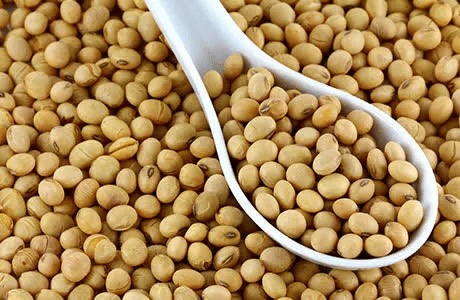Nigeria’s Commodities Development Initiative (CDI) has secured a $10 million agreement with Saudi Arabia’s P and I Energy Consults, owners of Jurassic Abattoir, to export high-quality red meat and soybeans to the Middle East. This strategic partnership is set to position Nigeria as a key player in the global agricultural export market while boosting economic growth and job creation.
Under the agreement, Jurassic Abattoir will produce premium bovine and ovine meat products, ensuring high standards that meet international market demands. CDI will take the lead in facilitating Nigeria’s market entry into Saudi Arabia, tapping into one of the world’s largest meat-consuming regions.
Speaking on the deal, Anyebe Idoga, managing director of P and I Energy Consult, emphasized the importance of the agreement in strengthening Nigeria’s agricultural infrastructure. He noted that collaboration with the federal and state governments would help establish the necessary systems to integrate Nigerian produce into the global supply chain. Roland Oroh, managing director of CDI, highlighted the investment’s role in expanding Nigeria’s meat export capacity, which could significantly enhance the nation’s agricultural sector.
The signing of this agreement in Abuja follows a visit by Saudi Arabia’s Minister of Environment, Water, and Agriculture to Nigeria in May 2024, demonstrating growing trade relations between both nations. The deal is projected to bring substantial economic benefits, with an estimated export value of $273 million, equivalent to N451 billion, by 2025. Beyond financial gains, the initiative is expected to create 20,000 direct jobs and 100,000 indirect jobs, contributing to GDP growth and much-needed foreign exchange earnings.
At the heart of this initiative is the Jurassic Abattoir project, a large-scale meat processing facility backed by P and I Energy Consult Limited. The facility will have the capacity to slaughter 1,000 cattle and 500 sheep and goats daily. Set for completion in September 2025, the project is expected to generate at least 100 direct and indirect jobs.
Nigeria’s push to strengthen its position in the global agricultural market aligns with broader government efforts to diversify the economy beyond oil. With rising global demand for quality meat products, this deal could serve as a blueprint for further export-driven initiatives that leverage Nigeria’s agricultural potential. As the country works toward securing more international partnerships, this agreement with Saudi Arabia signals a new era of opportunity for Nigeria’s livestock and agribusiness sector.










